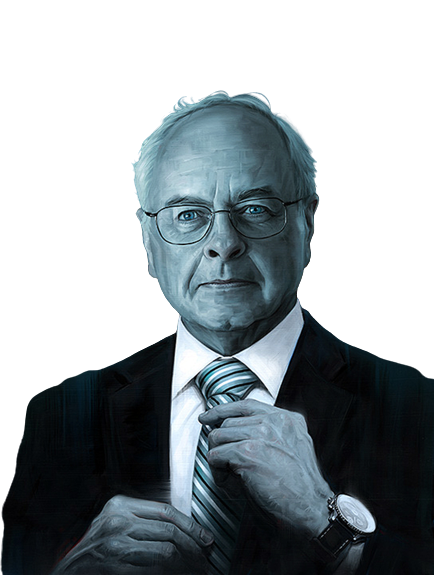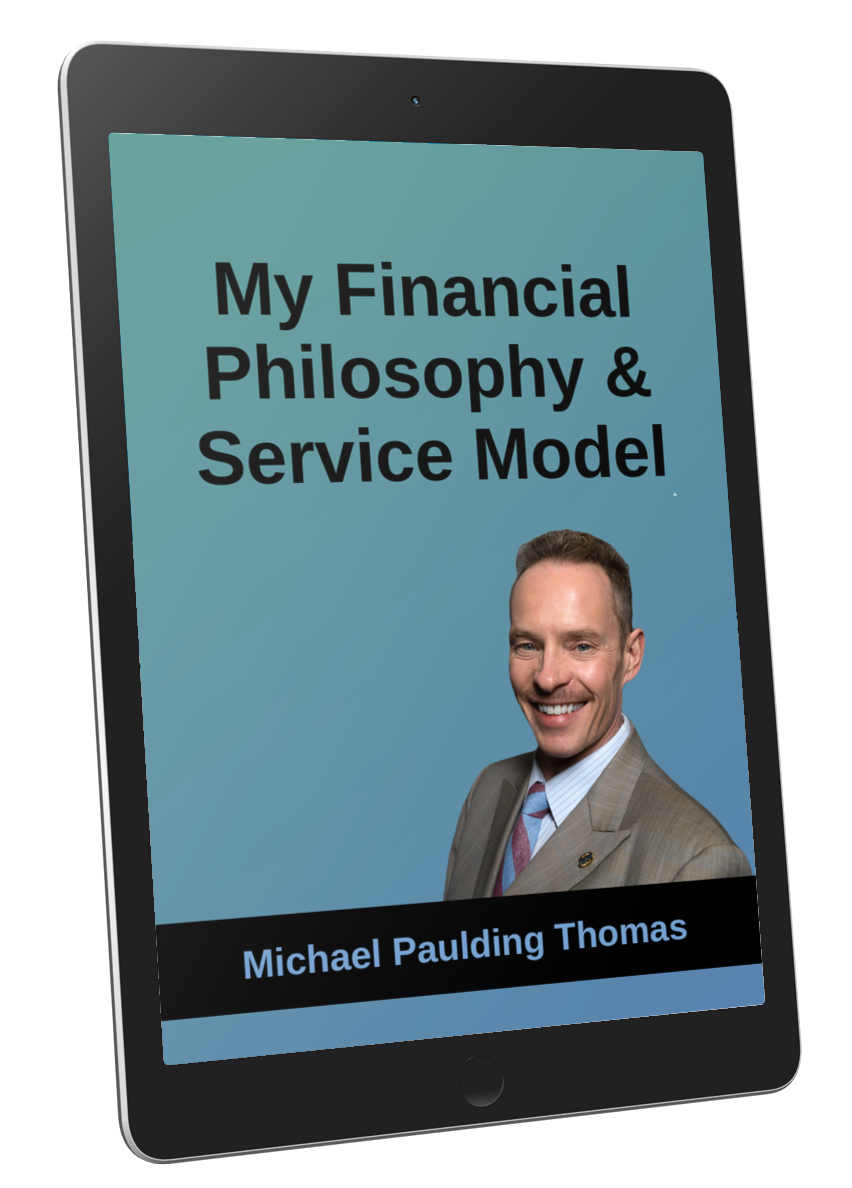Last updated: 10 Apr 25 23:38:03 (UTC)
Investor vs Investment Performance
“The best investors in the world are really good at doing nothing for long periods of time.” ―Michael
How Can the Driver be Slower than the Car He’s Driving In?
If you compare the average speed of a particular driver in a specific car to the general average speed of said car, how would it be possible that the two are different?
Here’s how: the driver keeps stopping and getting out to get coffee, or takes frequent detours from the planned route. For example: car A traveling on route B usually moves at a rate of 60 mph, but our particular driver frequently takes breaks or second-guesses the pre-planned route and takes detours, he is going to average a rate of less than 60 mph.
Investors do the same thing: they invest in a mutual fund that averages ~12% over all ten year periods (such as the American Funds ICA), yet they only get a 10-year return of 6% because instead of investing and leaving it alone, they pull their money out when the market drops and re-investment when market is up (selling cheap and buying expensive).
Then they have the audacity to blame “the market”, the mutual fund and even their Advisor. The driver is blaming the car or the pre-planned route instead of himself.
“Investing is easy, it’s clients that get in the way” ―Michael
Take a look at the chart below which shows the average rate-of-return over twenty years of the driver (investor) vs the car (the investment):
 *Source: Capital Group Literature number INGEFL-050-0522
*Source: Capital Group Literature number INGEFL-050-0522
In my 35+ years of coaching clients, I’ve found the differences between the two to be much more pronounced, especially over longer time-frames. Most investors without a coach aren’t disciplined enough to stay on track (ie, staying in the market when it’s down).
Why Do They Do This? Emotions
Why do investors “get out of the car” or go off of the planned route?
Fear and greed.
Driven by these emotions, clients often engage in such negative behaviors as chasing the hot manager or asset class, avoiding areas of the market that were out of favor, attempting to time the market, or otherwise abandoning their investment plan.
“If you cannot control your emotions, you cannot control your money.” ―Warren Buffett
During periods of uncertainty, investors often gravitate to the investment media for insights into how to position their portfolios. While these forecasters and prognosticators may be compelling, they usually add no real value.
“Don’t try to time the market. It’s very, very difficult to do. There may be a couple of people in the world who can do it, but if there are, they’re not telling you.” ―Ben Bernanke
The Wall Street Journal Survey of Economists from December 1982 – December 2010, showed that economists’ forecasts were wrong in 37 of the 57 time periods – 65% of the time!
Every public trade that’s ever been transacted since the 1800’s is logged in a computer(s) somewhere, and if by now a pattern to the market hasn’t been discovered, it isn’t going to be.
“The sole function of economic forecasting is to make astrology look respectable. There are two kinds of forecasters: those who don’t know, and those who don’t know they don’t know.” ―John Kenneth Galbraith
Do not waste time and energy focusing on variables that are unknowable and uncontrollable over the short term, like the direction of interest rates or the level of the stock market. Instead, focus your energy on things that you can control, like creating a properly diversified portfolio and staying in it!
My best clients have understood that building long-term wealth requires the ability to control one’s emotions and avoid self-destructive investor behavior (with my help).
Even If You Could Time the Market, It Doesn’t Make Much of a Difference

Answer: Do Nothing (Buy and Hold)
“Don’t watch the market closely. Buy and hold is the best strategy. The money is made in investments by investing, and by owning good companies for long periods of time.” ―Warren Buffett
Stop watching and obsessing over the market! Doing nothing is often the best investment strategy. Let the market do what it is supposed to do. You can’t control it anyway, so don’t try!
“When the spaghetti hits the fan, don’t just do something: stand there. This too shall pass. You see, what happens in the equity market has very little to do with what actually happens to the equity investor. That’s because the dominant determinant of long-term, real-life outcomes is not the performance of markets but the behavior of investors.” ―Nick Murray
We can only control our participation in the market, and our behavior while we’re in it.
“Fidelity has done a study as to which clients had done the best at Fidelity. They were the people who forgot they had an account!” ―James O’Shaughnessy
“Investing is like a bar of soap… The more you touch it, the smaller it gets.” ―Darcy Howe
“If you spend more than 13 minutes analyzing economic and market forecasts, you’ve wasted 10 minutes.” ―Peter Lynch
“Personal finance is 80% behavior and only 20% head knowledge.” ―Dave Ramsey
The Antidote: A Professional Advisor

“At the end of an investor’s life, less than 5% of his total lifetime return will come from what his investments did versus other, similar investments. The other 95% will come from how the investor behaved. And the primary determinant of that behavior will be the quality of the advice he got, or didn’t get.” ―Nick Murray
I am a long-term advisor serving clients with long-term goals. If a client is exhibiting short-term behavior or emotionally reacting to short-term market conditions, I need to have a serious discussion with him about his goals, and reassure him that a long-term perspective is the best perspective. My greatest value to my clients is my ability to influence their behavior in a positive way.
“The investor needs a confident, seasoned professional keeping him on the right track… making sure he stays diversified and insulated from his own tendencies toward greed and fear.” ―Nick Murray from his book Serious Money
“People make better decisions with financial advisors.” ―Robert Shiller, Nobel Prize-winning economist
“Without an adequately compensated advisor to help with selection and discipline, the individual investor will simply make all the classic and horrendous mistakes.” ―Nick Murray
WHAT I DO AND WHAT I DON’T DO
| Crafting a long-term plan and funding the plan with a long-term equity portfolio: | 20% |
| Coaching clients to continue following the plan through all the cycles of the economy, and all the fads and fears of the market: | 80% |
| Analyzing/interpreting the economy and current events. Timing the market, calling tops and bottoms. Identifying consistently top-performing investments: | 0% |
| 100% |
If you would like to learn more I invite you to schedule a no-obligation, no-cost conversation with me.
You may also be interested in my monthly client newsletter

Michael Paulding Thomas
- Celebrating 35 years in the industry
- Investment Advisor • Securities Principal
- Series 6, 26, 63, 65 • Life
- Mutual Funds • IRAs (Roth, Traditional, SEP, Simple, Minor-IRAs) • 529 College Plans • UTMA minor accounts • ABLE accounts • Variable Annuities • 401k Plans • Term Life Insurance • Living Trusts, Land Trusts, LLC’s.
- [email protected]
- 714.602.3192
- Schedule a 30-minute conversation
- Subscribe to my monthly client newsletter
- Client web site
-
View my Golden Years Presentation.
-
Get my free report What is Dollar Cost Averaging?.
-
Read What the Experts Say about Using Variable Annuities for a Guaranteed Income.
-
Get my free report on Protecting your Family with Term Life Insurance.
-
Get my free report on How a Living Trust Protects Your Family.
Securities offered through Innovation Partners, LLC. Member FINRA/SIPC
